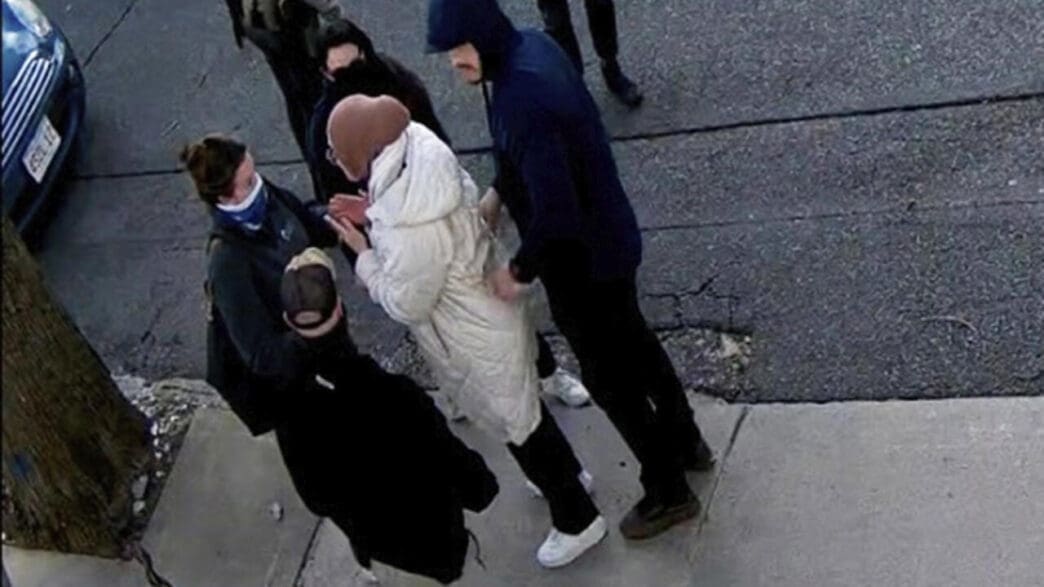A Tufts University doctoral student from Turkey, Rumeysa Ozturk, has become the center of a complex legal battle following her detention by immigration authorities. Initially detained by officials in Somerville, a suburb of Boston, Ozturk was swiftly moved to a detention center in Basile, Louisiana. This occurred despite a federal judge’s order to keep her in Massachusetts until further notice. However, the U.S. government lawyers have stated that the judge lacks jurisdiction in this matter and suggested that her case should be addressed in Louisiana, where she is currently held.
Ozturk’s legal team argues that her detention breaches her constitutional rights, citing free speech and due process. They have requested her prompt return to Massachusetts and release from custody. Support for Ozturk has been evident, with rallies organized in her favor in Boston and at Tufts University.
The controversy surrounding Ozturk ties back to her revocation of a visa, reportedly due to her alleged support for Hamas, a group designated as a terrorist organization by the U.S. The Department of Homeland Security confirmed the termination of her visa, stating she engaged in activities supporting Hamas, although no evidence was provided publicly. Secretary of State Marco Rubio commented that Ozturk’s visa was intended for academic purposes, not activism.
Ozturk’s situation is part of a broader trend where individuals affiliated with American universities, who have demonstrated or expressed solidarity with Palestinians during the ongoing conflict in Gaza, have faced similar visa revocations or entry denials. This comes after the conflict escalated following a Hamas attack on Israel on October 7, 2023, which resulted in significant casualties and hostages. Israel’s subsequent military response has led to substantial loss of life in Gaza, as reported by local health authorities.
Ozturk had previously co-authored an op-ed in The Tufts Daily, critiquing the university’s stance on Palestinian issues, although friends maintain that her direct involvement in protests was limited.
The Evolving Landscape
- Legal and Immigration Concerns: Ozturk’s case highlights the complexities within the U.S. immigration and legal systems, potentially affecting others in similar situations. It underscores the jurisdictional challenges in immigration cases, impacting where and how they are argued.
- Academic Freedom and Activism: This incident raises questions about the balance between academic freedom and activism. Students and faculty may feel scrutinized for their public expressions and political engagements, affecting campus dynamics.
- Visa and Immigration Policy Impacts: The revocation of Ozturk’s visa draws attention to U.S. immigration policies, particularly concerning individuals involved in political activism. This could lead to increased caution among international students and academics regarding public expressions.
- Public Opinion and Support: The rallies and public support for Ozturk indicate a significant community response, reflecting broader societal views on freedom of speech and the rights of international students in the U.S.
- International Relations and Student Exchanges: Incidents like Ozturk’s may influence future international student exchanges and collaborations, as universities navigate the delicate balance between welcoming international scholars and adhering to national security directives.












